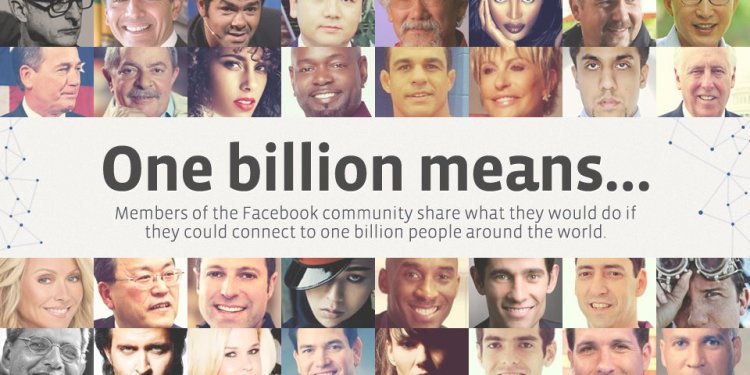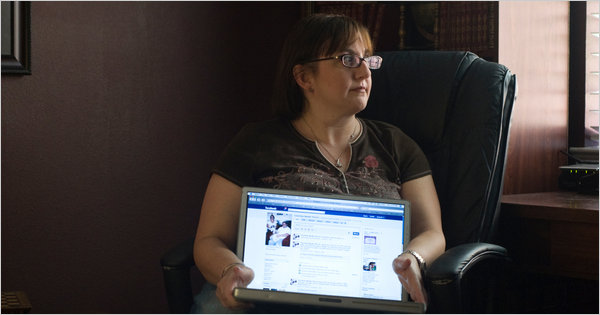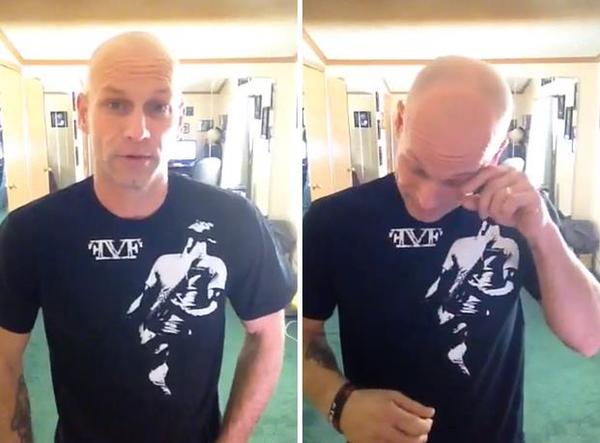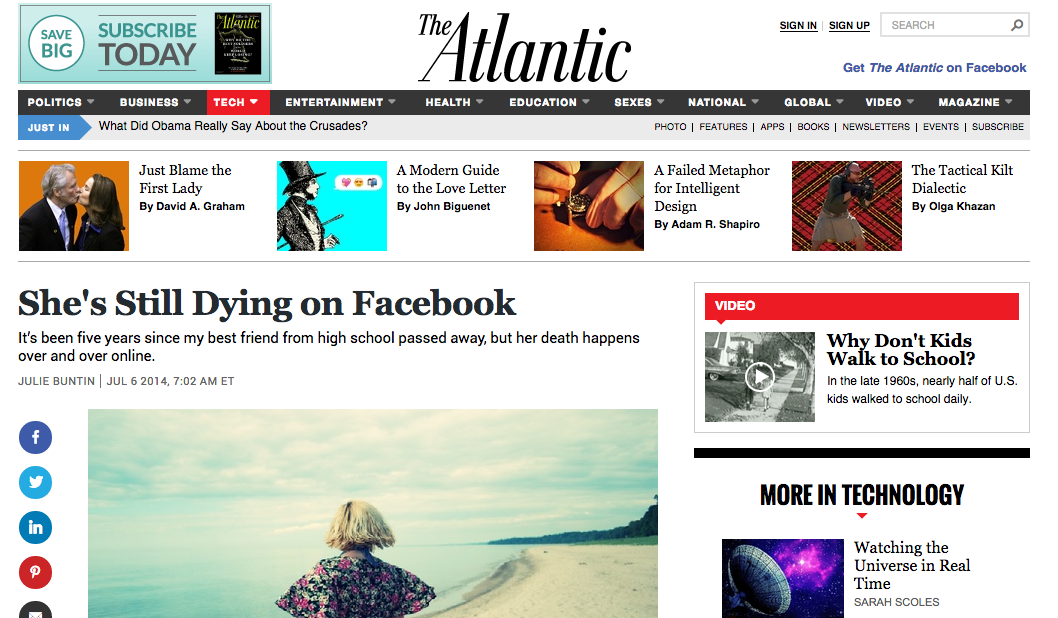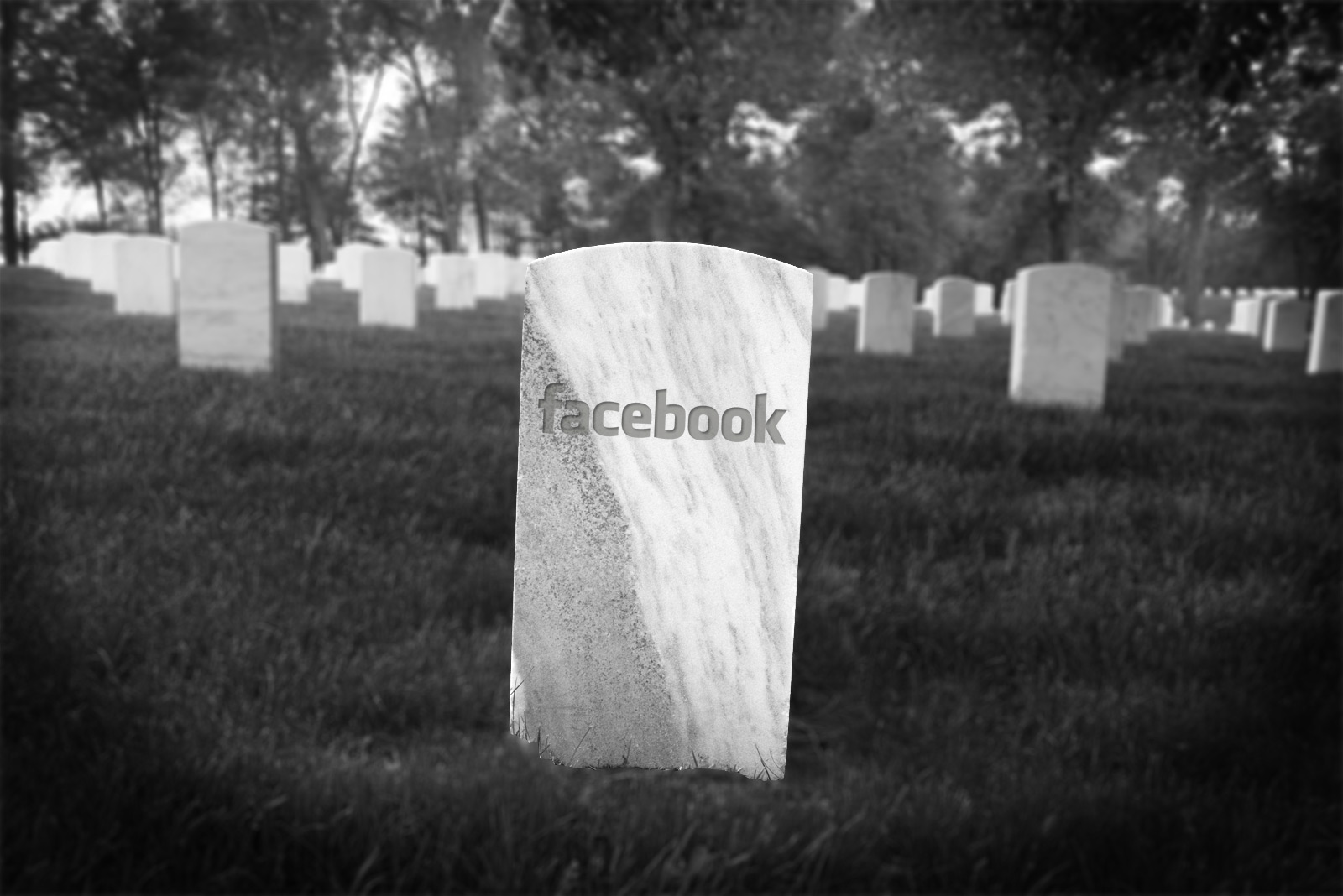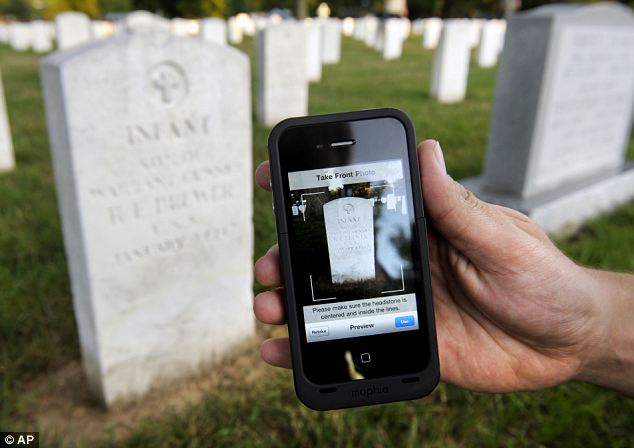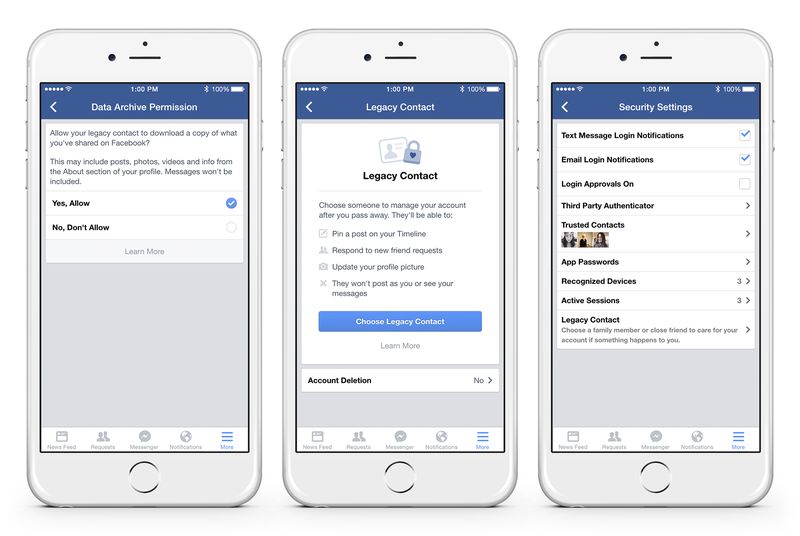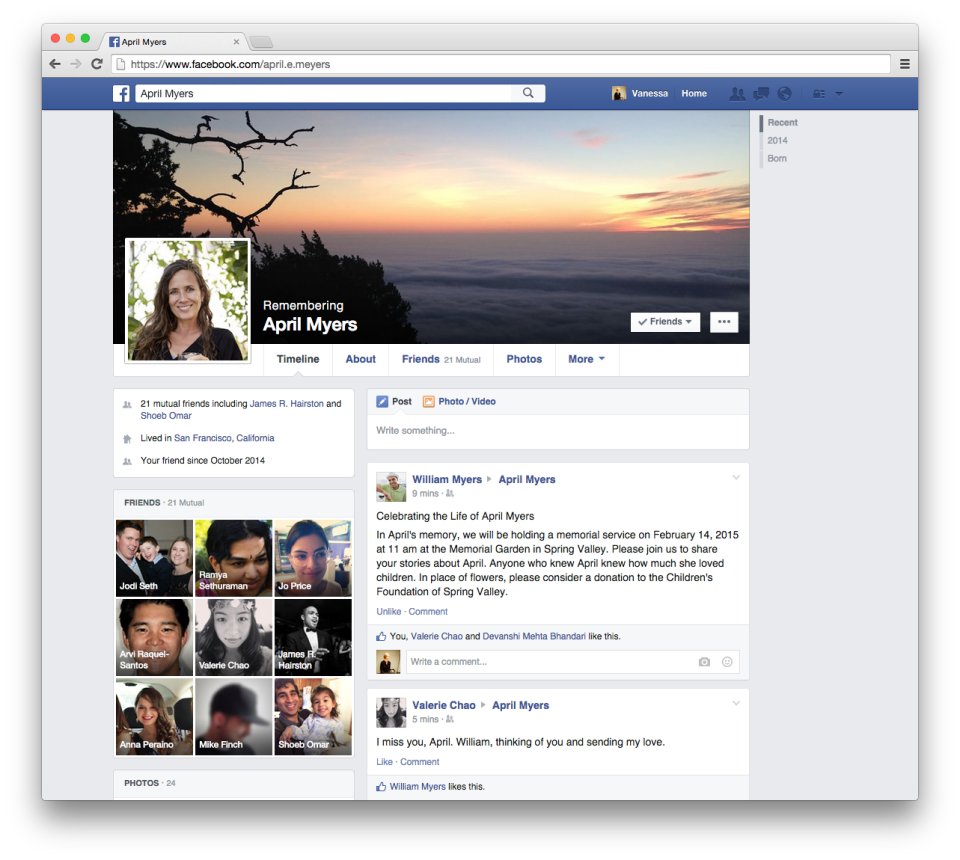Would You Rather Delete Or 'Memorialise' Your Facebook Account When You Die?
Facebook has announced options for users to choose what happens to their profile upon their demise.
Facebook is the world's biggest social network today. "Everyone's on Facebook" is not that far from the truth.
Statistics
- 890 million daily active users on average for December 2014
- 745 million mobile daily active users on average for December 2014
- 1.39 billion monthly active users as of December 31, 2014
- 1.19 billion mobile monthly active users as of December 31, 2014
- Approximately 82.4% of our daily active users are outside the US and Canada
As part of a huge online community, there are some things that are inevitable, such as death. This raises fresh questions on what happens to your data after you pass on.
This is not something that people like to talk about. But the truth is that what happens to your data after death is as big a question now as what happens to your physical property. Just think of all the information you store online, or communicate in email. Google already offers a similar tool to let you decide what to do with the trove of email and other data it has on its users. Yahoo Japan has a full-fledged service to let people know about your death and handle all of your data management.
In recent months, many new digital legacy planning tools have hit the market, designed to help us manage the ending of our online lives. Google offers its Google Inactive Account Manager, which allows you to choose a trusted contact who will be notified by email and phone when your account has been inactive after a specified length of time and who can also be given access to the Google accounts you choose.
slate.comIn early 2014, a father had to post a video, pleading Facebook to allow him to see his dead son's "Look Back" video
In one a father wanted to create a video using Facebook's Look Back feature, which brings together popular moments on a person's profile. But because he could not access his son's profile he was unable to make one. Facebook said it would create one on behalf of his dead son and promised that they would look again at how to help families in similar circumstances.
For another, a death of a friend resurfaced when she stumbled on her old messages on chat
The Internet has complicated the question of where to store my loss. How can I move on, if Lea’s face is always lurking in my phone, asking me, begging me to get to the bottom of how my gorgeous, ballsy friend died of liver failure at 22 years old?
Previously, if a user passes away, their Facebook account could either be "memorialised" or be petitioned to be taken down
Until now, there has been no way to manage a dead person’s Facebook account—and no way to tell Facebook what you want to happen to yours when you’re gone.
slate.comA close relative could request that it be “memorialized,” which locks and freezes the account forever. Or they could petition for it to be deactivated and taken down.
slate.comThe company already offers the option for people to report the death of a Facebook user, which "memorialises" the account and basically freezes it. You can't change anything posted, change the audience for any postings or even log in to the account.
This wasn't good enough for a lot of people, who wanted some form of control over a deceased person's account
But that wasn't enough for a lot of Facebook users, said Vanessa Callison-Burch, a Facebook product manager. "There were a lot of asks about features we could add," she said. "People wanted the ability to respond to new friend requests, and do more with the account going forward."
Today, Facebook announced its newest feature: it allows users to decide what happens to their account once they pass on. Their account could be permanently deleted or designated to a 'legacy contact' to have some control over their account.
Today the social network announced a new setting that will give every Facebook user the option to have their account permanently deleted when they die. Alternatively, users can now designate a “legacy contact”—a friend or family member to take control of certain aspects of their account after death. Specifically, the legacy contact will be able to:
- Change the dead person’s profile picture and cover photo
- Write a special post that will be pinned to the top of his or her timeline (e.g., a memorial service announcement)
- Accept friend requests from real-life friends and family who weren’t connected to the deceased on Facebook
Facebook is putting its users in control of what happens to their accounts after they die. Starting today, users in the US will be able to chose to have their accounts deleted after death or grant another person on Facebook permission to manage an account on their behalf. Facebook calls this person an account's "legacy contact," and users will be able to choose that person through the website's or app's security page.
The 'legacy contact' can also download an archive of the photos and information shared on the site. However, they won't be able to access the deceased's messages.
Facebook will also provide an option to let legacy contacts download a file containing an account's photos, posts, and other information.
Messages, however, aren't included in this archival data, since you can't grant sharing permission for the person on the other side of the conversation. Unfortunately, that's the same reason that pages that are currently memorialised won't be able to access these new features - there's just no way to get that retroactive permission, she said.
"Memorialised" profiles will be redesigned, with the word "Remembering" added on top of the deceased's name
We’ve also redesigned memorialized profiles to pay tribute to the deceased by adding “Remembering” above their name and making it possible for their legacy contact to pin a post to the top of their Timeline.
The service is currently available for users in the United States before being rolled out to the rest of the world in stages
We’re introducing legacy contacts in the US first and look forward to expanding to more countries. Setting up a legacy contact is completely optional.
